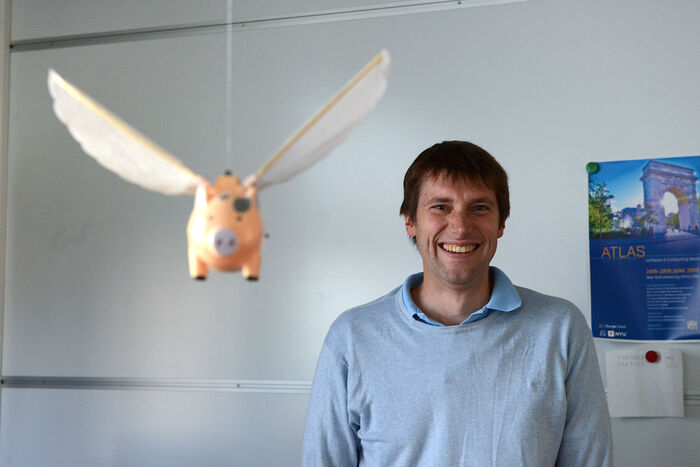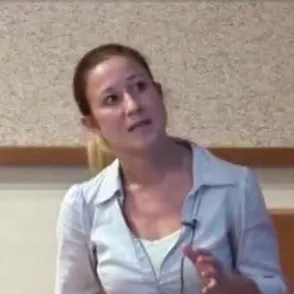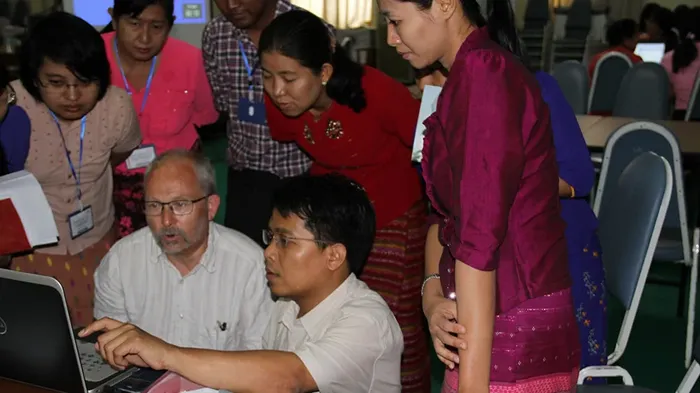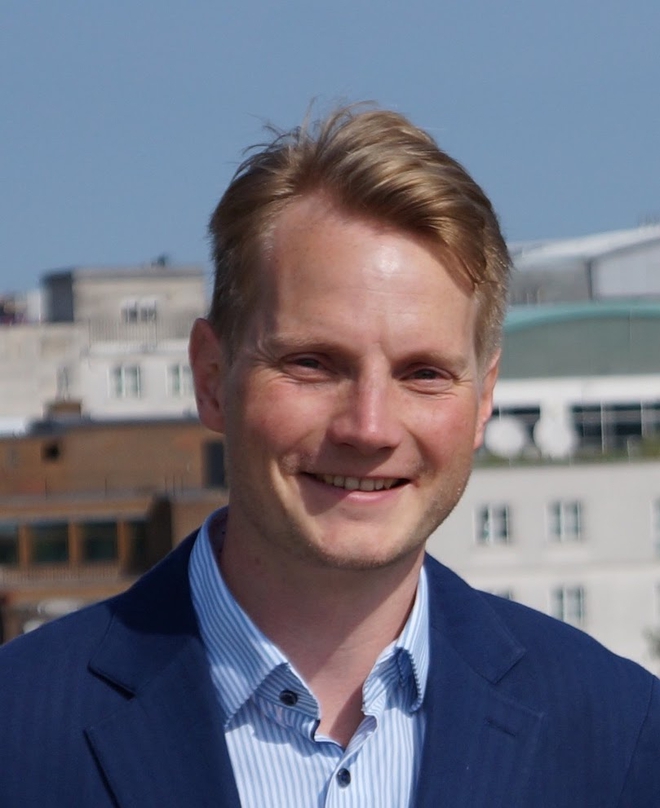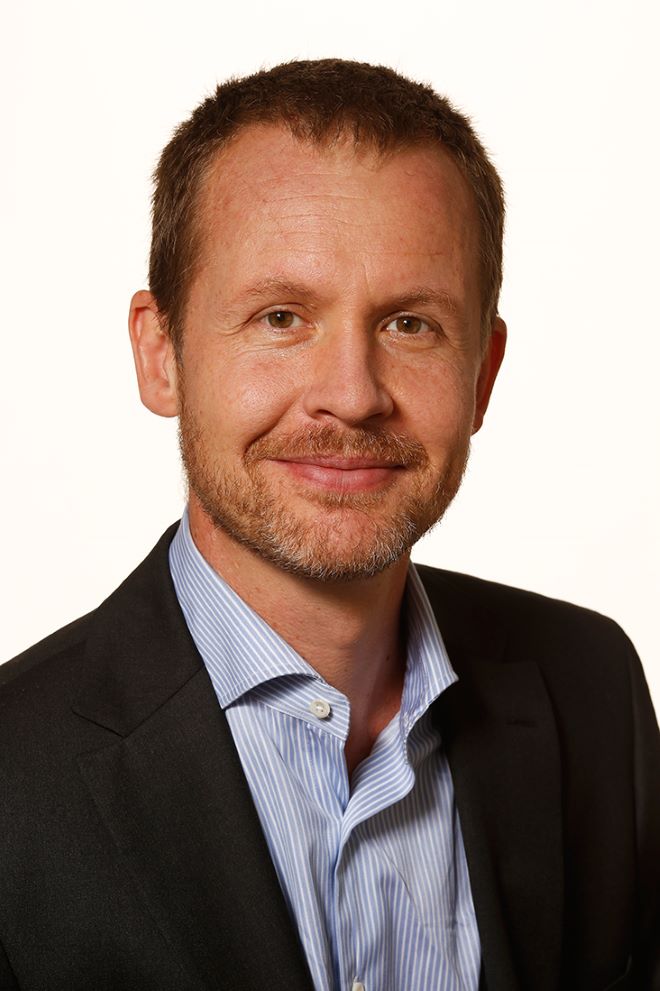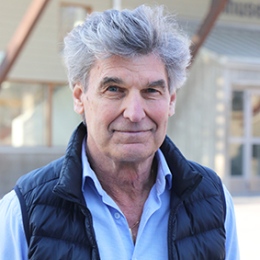Tidligere arrangementer - Side 44
Felleskollokvium by Dr. James Catmore, Dept. of Physics, UiO
Filippo Battistoni (Pisa) - Discussant: Ed Bispham (Oxford)
Lecturer: Christa Cuchiero (University of Vienna)
QOMBINE seminar talk by Vebj?rn Hallberg Bakkestuen (UiO)
By Ken A. Thompson from Stanford University, USA
Professor Adam Martin, from Leeds Conservatoire, will speak at RITMO's Seminar Series.
Jér?me Epsztein from Inmed will present his research on neuronal determinants of spatial cognition as part of the NCMM Tuesday Seminar Series.
Department seminar. Rahul Deb is a Professor at University of Toronto Mississauga. He will present the paper: "Which wage distributions are consistent with statistical discrimination?" (written with Ludovic Renou).
Constructing fast solution schemes often involves deciding which errors are acceptable and which approximations can be made for the sake of computational efficiency. Herein, we consider a mixed formulation of Darcy flow in porous media and take the perspective that the physical law of mass conservation is significantly more important than the constitutive relationship, i.e. Darcy's law. From this point of view, we propose an inexact solution technique that nevertheless guarantees local mass conservation. The method is based on first solving the mass balance equation and then computing a solenoidal correction using the curl of a potential field. We extend the method to flows in fractured porous media and present numerical experiments that indicate the efficiency of the scheme.
Azusa Inoue, PhD candidate at Research Center for Nuclear Physics (RCNP), Osaka University, Japan.
By Professor Zaw Wai Soe, Myanmar Union Minister for Health and Education.
Carsten Hjort Lange (Aalborg)
Fano manifolds are complex projective manifolds having positive first Chern class. The positivity condition on the first Chern class has far reaching geometric and arithmetic implications. For instance, Fano manifolds are covered by rational curves, and families of Fano manifolds over one dimensional bases always admit holomorphic sections. In recent years, there has been some effort towards defining suitable higher analogues of the Fano condition. Higher Fano manifolds are expected to enjoy stronger versions of several of the nice properties of Fano manifolds.
In this talk, I will discuss higher Fano manifolds which are defined in terms of positivity of higher Chern characters. After a brief survey of what is currently known, I will present recent joint work with Carolina Araujo, Roya Beheshti, Kelly Jabbusch, Svetlana Makarova, Enrica Mazzon and Nivedita Viswanathan, regarding toric higher Fano manifolds. I will explain a strategy towards proving that projective spaces are the only higher Fano manifolds among smooth projective toric varieties.
Department seminar. Lutz Sager is an Assistant Professor at Georgetown University's McCourt School of Public Policy. He will present the paper: "Clean Identification? The Effects of the Clean Air Act on Air Pollution, Exposure Disparities and House Prices" (written with Gregor Singer).
Diane Cuny (Université de Tours, France)
In this open lecture, Professor Daniel H. Solomon will cover current clinical controversies in gout, focusing on implications of the disease beyond the joint.
For millennia, origami and kirigami artists have used folds and cuts to create beautiful shapes from a simple sheet of paper. I will describe our recent scientific attempts to catch up with these remarkably imaginative arts phrased as inverse problems in physical geometry that aim to control the shape and rigidity of a thin surface. Using discrete operations that vary the number, size, orientation and coordination of folds and cuts, I will show how to create piecewise isometric kirigami and origami tessellations and control their local and global morphology and mechanical response, mixing experimental, computational and theoretical approaches.
Department seminar. Edwin Leuven is a Professor at the Department of Economics, University of Oslo. He will present the paper: "Event Studies, Endogenous Fertility Timing and the Child Penalty."
Saeedeh Salimifar talks about presupposition projection:
Carlos José Díaz Baso, Postdoctoral Fellow at Rosseland Centre for Solar Physics, University of Oslo.
Department seminar. Torsten Persson is Professor of Economics at Stockholm University and Centennial Professor at the London School of Economics. He will present the paper: “The Political Economics of Green Transitions”.
